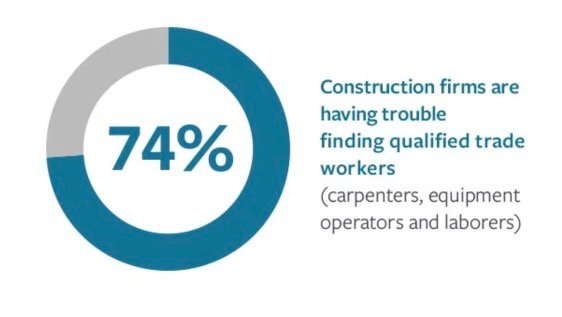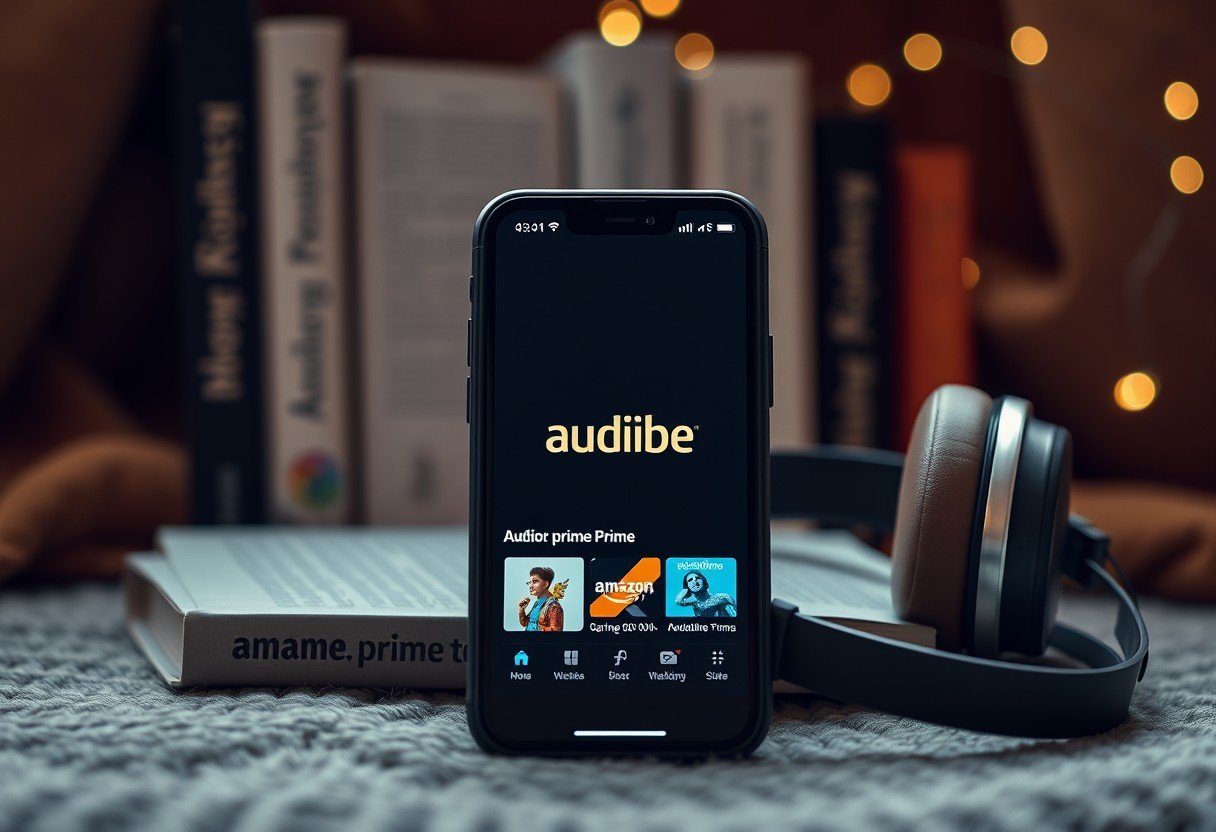With the phasing out of iTunes, many music lovers are questioning the future of Apple Music. Is it on the decline, or is this simply a strategic shift? This change reflects a larger trend in how we listen to music, moving from ownership to streaming access. Apple is not abandoning its music services but evolving them to compete in a crowded market, focusing on enhancing features and user experience to keep its massive subscriber base engaged.
The Big Shift from iTunes to Apple Music
For years, iTunes was the king of digital music. It revolutionized the industry by letting you buy and download individual songs or albums. This model put a massive music store right on your computer.
However, technology and user habits changed. In 2015, Apple launched Apple Music, embracing the new era of streaming. Instead of buying tracks, you could pay a monthly fee for access to a gigantic library of music. This was a fundamental change in how people consumed music.
The transition from iTunes to specialized apps for Music, TV, and Podcasts was not a surrender but a strategic move. Apple recognized that streaming was the future and decided to build a dedicated, more powerful service for it. This allowed the company to focus entirely on creating the best streaming experience possible, separate from the old download model.
How Does Apple Music Stand Against its Rivals?
Apple Music doesn’t operate in a vacuum. It faces intense competition from several major players, each with its own strengths. Spotify is famous for its powerful recommendation algorithms and social features, while Amazon Music is deeply integrated with its Echo smart speakers, making it incredibly convenient for home listening.
These competitors have forced Apple to innovate continuously. The streaming market is not just about who has the most songs anymore; it’s about the overall experience, from discovering new music to how easily you can play it on your devices.
To understand the competitive landscape, it’s helpful to look at how their revenues compare. While Apple Music is a strong player, it is part of a highly competitive field.
| Streaming Service | Reported Revenue (2023) |
| Apple Music | $4.1 billion |
| Spotify | $12.3 billion |
| Amazon Music | $9.2 billion |
Despite these figures, Apple Music’s strength lies in its integration within Apple’s vast ecosystem of hardware and software, creating a loyal user base.
Is Subscriber Growth Really Slowing Down?
Some reports have hinted at a slowdown in user engagement across streaming platforms, raising questions about Apple Music’s long-term health. With so many options available, keeping users subscribed and active is a major challenge for any service.
However, the key takeaway from the data is that Apple Music has seen steady growth in its subscription numbers, indicating it is evolving, not dying. While the initial explosive growth may have leveled off, the platform continues to attract and retain millions of users worldwide.
The challenge of user retention is real. A listener might be tempted to switch to a competitor that offers a better-curated playlist or a more attractive family plan. To combat this, Apple must constantly prove its value and provide an experience that users can’t get elsewhere.
The Game of Exclusive Content and Licensing Deals
One of the most effective strategies for any streaming service is offering exclusive content. By partnering with major artists for early album releases, live performances, or unique interviews, Apple Music can provide content you simply can’t find on Spotify or Amazon Music.
These partnerships are crucial for attracting new subscribers and keeping current ones excited. They create a sense of community and give users a reason to stay loyal to the platform.
On the other hand, the world of music licensing can be complicated. Deals and contracts are constantly changing, which means a song or album available today might be gone tomorrow. This unpredictability can be frustrating for users who find gaps in their saved playlists. It highlights the fluid nature of streaming catalogs compared to the permanence of owning a downloaded track on iTunes.
Apple’s Strategy to Keep Music Thriving
Apple’s plan for success goes far beyond just its music library. The company’s core strategy is to deeply integrate Apple Music into its entire ecosystem of products and services. This creates a seamless experience that competitors find hard to replicate.
For Apple, Music isn’t just a standalone app; it’s a key part of what makes an iPhone, HomePod, or Apple Watch so appealing. This integration promotes customer loyalty and keeps users invested in the Apple ecosystem.
To stay ahead, Apple is constantly adding new features and improving its service. Some of the key focus areas include:
- High-Quality Audio: Offering features like Spatial Audio and Lossless Audio provides a premium listening experience for audiophiles.
- Curated Content: Apple emphasizes human-curated playlists and radio shows, giving it a different feel from algorithm-heavy competitors.
- Artist Collaborations: Deep partnerships with artists for exclusive content and live events keep the platform fresh and exciting.
This multifaceted approach shows that Apple is committed to the long-term growth and relevance of its music service.
What do Users Actually Think about the Experience?
Ultimately, the success of Apple Music depends on the user experience. The platform has received mixed feedback over the years. Many users praise its massive library, exclusive content, and clean interface.
Social features, like the ability to share playlists with friends and see what they’re listening to, have also helped build a sense of community around music discovery. This makes the experience more interactive and engaging.
However, some users have criticized the app for occasional bugs, lag, and a navigation system that can feel less intuitive than its rivals. Apple’s reliance on user feedback is critical for its ongoing development. The company regularly releases updates to address these concerns, showing a commitment to refining the platform to meet the expectations of modern music lovers.
Frequently Asked Questions
Is Apple Music dying?
No, Apple Music is not dying. It continues to grow its subscriber base and remains a major competitor in the music streaming market. Apple is actively investing in new features and exclusive content to enhance the service.
Why did Apple get rid of iTunes?
Apple replaced the all-in-one iTunes application on macOS with separate, dedicated apps for Music, Podcasts, and TV. This was done to create more focused, user-friendly experiences for each type of media instead of housing everything in one bloated program.
Does the decline of iTunes affect Apple Music?
The decline of iTunes does not negatively impact Apple Music. In fact, it has allowed Apple to pour more resources into its streaming service, leading to improvements like lossless audio, curated playlists, and better device integration.
How is Apple Music competing with Spotify?
Apple Music competes by offering a different value proposition. It focuses on seamless integration with Apple devices, human-curated content, exclusive releases from major artists, and superior audio quality features like Spatial Audio.
Are there any signs that Apple Music is struggling?
No, there are no significant signs that Apple Music is struggling. While the market is highly competitive, the service maintains a strong market position and continues to grow. Regular updates and partnerships demonstrate Apple’s ongoing commitment to the platform.









Leave a Comment